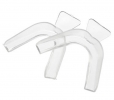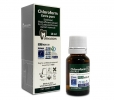Scientists already know that blood vessels open up during exercise, as the production of nitric oxide increases the diameter of the blood vessels, known as vasodilation, increasing blood flow circulation to active muscles,” said Raul Bescos, PhD, lead author and lecturer in dietetics and physiology at the University of Plymouth.
“What has remained a mystery is how blood circulation remains higher after exercise, in turn triggering a blood-pressure lowering response known as post-exercise hypotension. Previous research has suggested that nitric oxide was not involved in this post-exercise response, and only involved during exercise, but the new study challenges these views,” said Bescos.
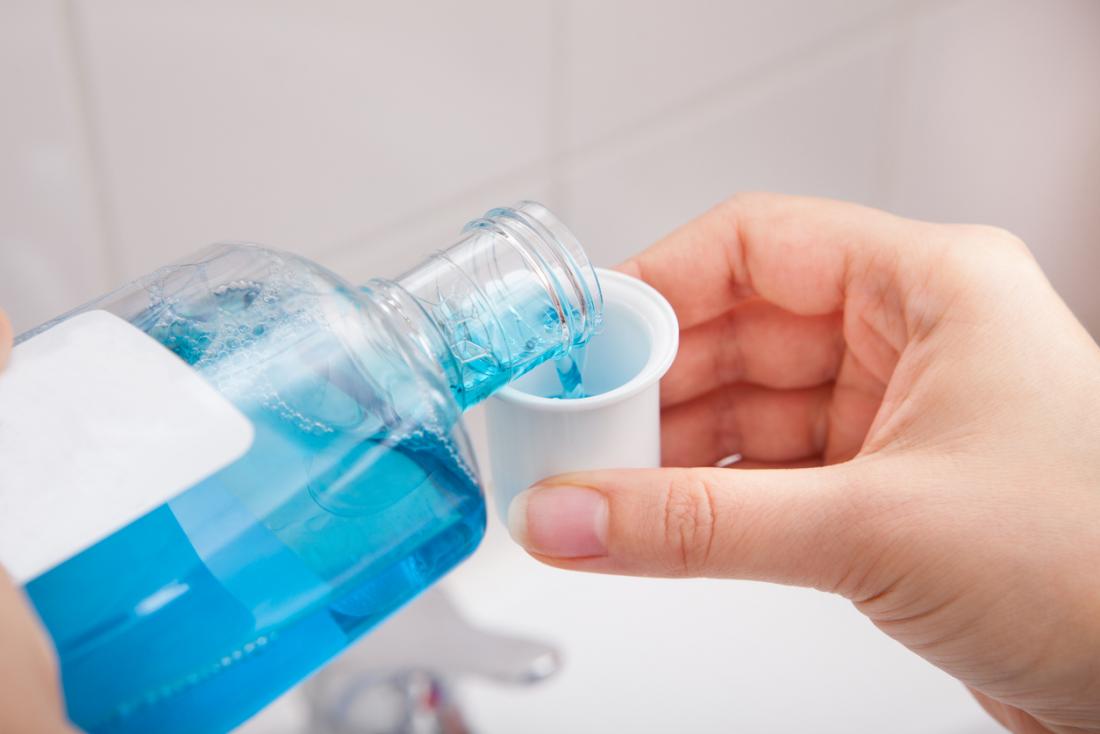
“It’s all to do with nitric oxide degrading into a compound called nitrate, which for years was thought to have no function in the body. But research over the last decade has shown that nitrate can be absorbed in the salivary glands and excreted with saliva in the mouth,” said Bescos.
“Some species of bacteria in the mouth can use nitrate and covert into nitrite, a very important molecule that can enhance the production of nitric oxide in the body. And when nitrite in saliva is swallowed, part of this molecule is rapidly absorbed into the circulation and reduced back to nitric oxide,” said Bescos.
“This helps to maintain a widening of blood vessels, which leads to a sustained lowering of blood pressure after exercise. We wanted to see whether blocking nitrate’s ability to convert into nitrite by inhibiting oral bacteria would have any effect on post-exercise hypotension,” said Bescos.
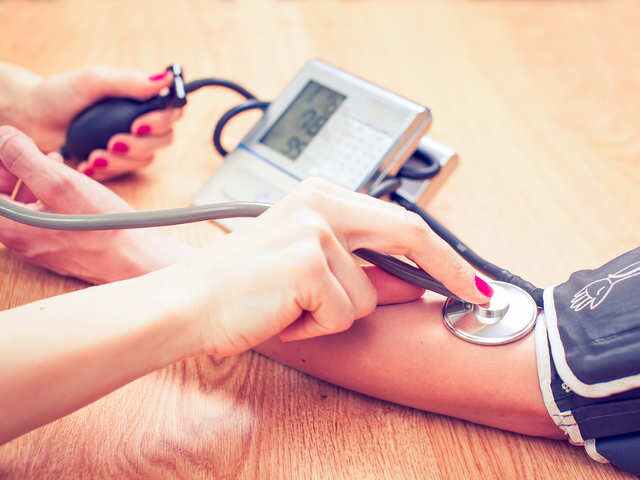
Twenty-three healthy adults ran on a treadmill for 30 minutes on two separate occasions and then were monitored for two hours. On each occasion at one, 30, 60, and 90 minutes after exercise, they rinsed their mouths with an antibacterial mouthwash (0.2% chlorhexidine) or a placebo of mint-flavored water. Neither the researchers nor the subjects know which liquid they were rinsing with.
Also, the subjects’ blood pressure was measured and saliva and blood samples were taken before exercise and at 120 minutes after exercise. No food or drink except water was allowed during exercise and the recovery period, and none of the subjects had any oral health conditions.
When the subjects rinsed with the placebo, the average reduction in systolic blood pressure was –5.2 mmHg at one hour after exercise. But when the subjects rinsed with the antibacterial mouthwash, the average systolic blood pressure was –2.0 mmHg at the same time point.
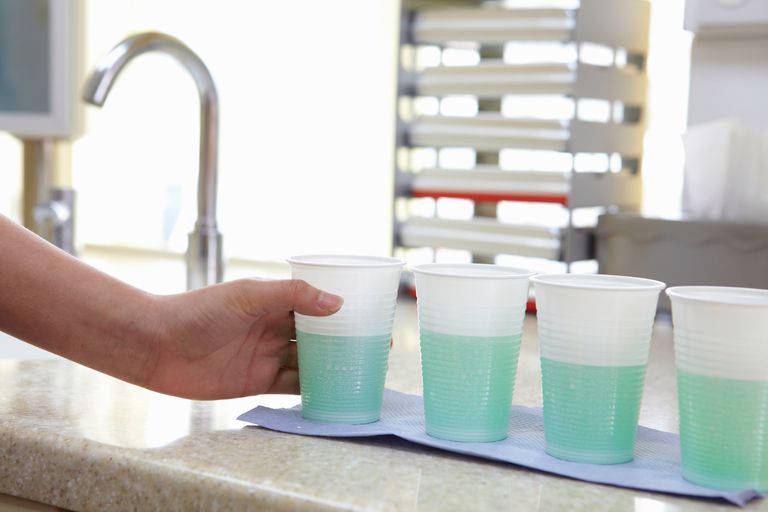
The blood pressure-lowering effect of exercise was diminished by more than 60 % over the first hour of recovery and totally abolished two hours after exercise when participants were given the antibacterial mouthwash.
Previous research has suggested that the main source of nitrite in the circulation after exercise was nitric oxide formed during exercise in the endothelial cells, which line the blood vessels, but the researchers say the new study challenges this.
When antibacterial mouthwash was given to the subjects, their blood nitrite levels did not increase after exercise. It was only when participants used the placebo that nitrite levels in blood increased, indicating that oral bacteria are a key source of this molecule in the circulation at least over the first period of recovery after exercise.


